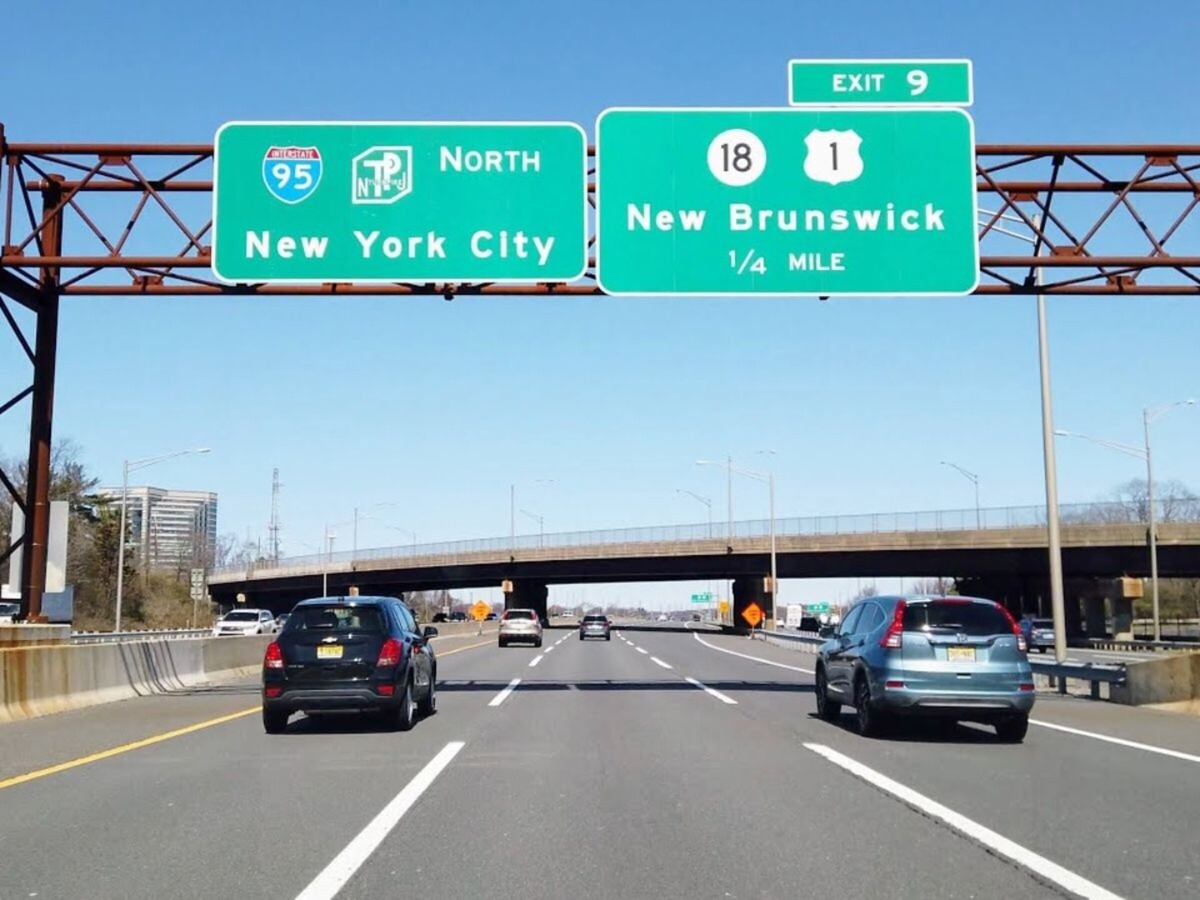NJBPU Mandates New Electric Vehicle Charging Guidelines to Boost Clean Transportation in New Jersey
The new requirements aim to expand charging facilities for medium-and-heavy-duty vehicles, advancing statewide emission reduction goals.
MORRISTOWN, NJ – In a significant step towards enhancing New Jersey's electric vehicle (EV) infrastructure, the New Jersey Board of Public Utilities (NJBPU) introduced new minimum filing requirements (MFRs) on Wednesday. These guidelines direct the state's electric distribution companies (EDCs) to develop programs that increase charging access for medium-and-heavy-duty (MHD) electric vehicles and fleets.
"Today marks a pivotal investment in our efforts to address climate change and promote environmental justice along Interstate 95," said EPA Regional Administrator Lisa F. Garcia. "This $250 million grant will reduce harmful air pollution along one of the nation's busiest freight corridors, create jobs, and deliver health benefits to communities along this key transportation route."
This initiative is part of New Jersey’s broader strategy to transition to cleaner transportation methods, a move expected to drastically reduce greenhouse gas (GHG) emissions from the state’s transport sector, which is currently responsible for nearly 40% of its net GHG emissions. MHD trucks and buses are significant contributors to this output, especially affecting low-income neighborhoods and communities of color located near major freight corridors and industrial hubs.
“Today’s announcement by the BPU is a key part of my Administration’s whole-of-government approach to reducing harmful emissions from the transportation sector that negatively impact the health of our residents,” said Governor Phil Murphy.
“These benefits are especially vital to the overburdened communities that have borne the brunt of air pollution and its health effects for far too long,” said NJBPU President Christine Guhl-Sadovy.
The new MFRs encourage utilities to offer additional incentives for projects in overburdened municipalities and small businesses situated close to Freight EV Corridors. These areas will benefit from the deployment of "Make Ready" chargers designed to serve both public and certain private fleets, promoting equitable access to clean transport solutions.
To support the expansion, the MFRs also mandate that utilities create and regularly update capacity maps to identify areas capable of supporting robust MHD charging infrastructure. This planning is crucial for accommodating high-capacity public charging stations and for integrating charging solutions into multi-unit dwellings and fleet operations.
Moreover, the regulations include creating managed charging programs that incentivize off-peak charging, thus balancing the grid’s load and enhancing overall energy efficiency.
These measures build upon Governor Phil Murphy's administration's ongoing efforts to foster clean transportation and are aligned with the state’s 2019 Energy Master Plan. Utilities are expected to submit their proposed programs to the NJBPU within 120 days following the order.
The announcement coincides with recent federal support, where the U.S. Environmental Protection Agency (EPA) selected the Clean Corridor Coalition to receive a substantial Climate Pollution Reduction Grant. This coalition, spearheaded by the New Jersey Department of Environmental Protection, will focus on deploying EV charging stations along the Interstate-95 corridor, further supporting the state's clean transportation goals.
This historic initiative was highlighted during a special event on Wednesday at the Vince Lombardi Service Area in Ridgefield, NJ, marking a pivotal moment in New Jersey’s commitment to reducing environmental impact and fostering sustainable growth.
-
About New Jersey’s Clean Energy Program (NJCEP)
NJCEP, established on January 22, 2003, in accordance with the Electric Discount and Energy Competition Act (EDECA), provides financial and other incentives to the State's residential customers, businesses and schools that install high-efficiency or renewable energy technologies, thereby reducing energy usage, lowering customers' energy bills and reducing environmental impacts. The program is authorized and overseen by the New Jersey Board of Public Utilities (NJBPU), and its website is www.NJCleanEnergy.com.
About the New Jersey Board of Public Utilities (NJBPU)
NJBPU is a state agency and regulatory authority mandated to ensure safe, adequate and proper utility services at reasonable rates for New Jersey customers. Critical services regulated by NJBPU include natural gas, electricity, water, wastewater, telecommunications and cable television. The Board has general oversight and responsibility for monitoring utility service, responding to consumer complaints, and investigating utility accidents. To find out more about NJBPU, visit our website at www.nj.gov/bpu.















